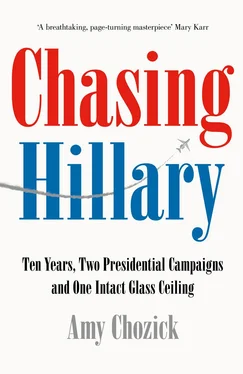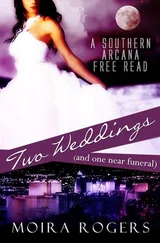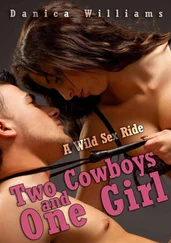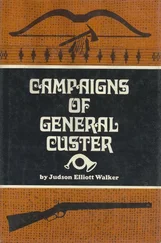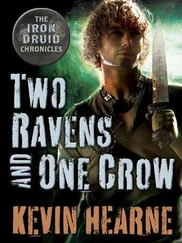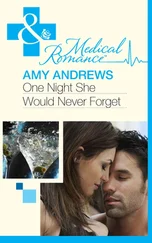Years later, when I came across Hillary’s college letters to her own high school friend, I thought of these stages and our shared adolescent misanthropy. “Can you be a misanthrope and still love or enjoy some individuals?” Hillary wrote to John Peavoy when she was a sophomore at Wellesley in 1967. “How about a compassionate misanthrope?”
She wrote about the “opaque reality” of her own self and confessed “since Xmas vacation, I’ve gone through three-and-a-half metamorphoses and am beginning to feel as though there is a smorgasbord of personalities spread before me,” including “alienated academic, involved pseudo-hippie, educational and social reformer and one-half of withdrawn simplicity.”
I didn’t care enough about anything to belong to the Young Democrats (if such a thing existed in my public school, I wasn’t aware) or the debate team. I didn’t pass around petitions to end the death penalty and didn’t have much of an opinion about the news of the day, even though my dad was from Waco and everyone wanted to ask me about the Branch Davidians and if I knew David Koresh. “That was outside of Waco,” I’d say.
I decided, for no other reason than that it would piss off every football player who stood around the kegs of Shiner we’d set up in the middle of a field on Saturday nights, that I hated the Cowboys. I didn’t eat red meat. I couldn’t wait to get the hell out of Texas and move to New York. I loved Bill Clinton … and, worst of all, I loved his wife.
I THOUGHT THINGS would be different in Austin. I didn’t need ivy affixed to a sandstone library, and as my dad reminds us whenever Stef and I bemoan that we never really had a chance to go anywhere besides the University of Texas, “It wasn’t like Harvard was knocking our door down.” But I envisioned something artsy—conversations about Camus over absinthe, maybe—something more than dope bud, a Ben Harper show, and seven of us splitting the same bowl of queso at Magnolia Cafe.
I had even more disdain for the sorority girls, the “debutantes,” than I did the druggies “expanding” their consciousness, as Hillary summed up both social castes in her college letters. I counted down the days until I could move to New York and become a writer.
My closest friend, Barry Dale—who theorizes that we’d found each other in middle school and both wanted to move to New York because “I was the gay and you were the Jew”—had an assignment in his film class. He needed a model to sit in an empty diner in downtown Austin to re-create Edward Hopper’s Nighthawks .
I wore a tight black tube dress with a deep V-neck from Bebe, fishnet hose, and a pair of shiny black heels I’d bought a couple of years earlier with my employee discount at Banana Republic. I sat cross-armed at a bar table as Barry stood on the sidewalk outside snapping photos through the glass.
That’s the photo I think of from my college years. Not drunken spring break nights or fraternity toga parties or eating stale pizza on deadline in the basement of the Daily Texan . Me, in an almost deserted diner, wearing black, looking slightly slutty in a mall-bought dress, staring forward and down at nothing and everything. Barry got an A+. “I love the feel of the girl,” his professor wrote of the photo.
It should’ve been titled the same woe-is-me sign-off that Hillary used to close her college letters.
“Me (the world’s saddest word),” she wrote.
Конец ознакомительного фрагмента.
Текст предоставлен ООО «ЛитРес».
Прочитайте эту книгу целиком, купив полную легальную версию на ЛитРес.
Безопасно оплатить книгу можно банковской картой Visa, MasterCard, Maestro, со счета мобильного телефона, с платежного терминала, в салоне МТС или Связной, через PayPal, WebMoney, Яндекс.Деньги, QIWI Кошелек, бонусными картами или другим удобным Вам способом.
